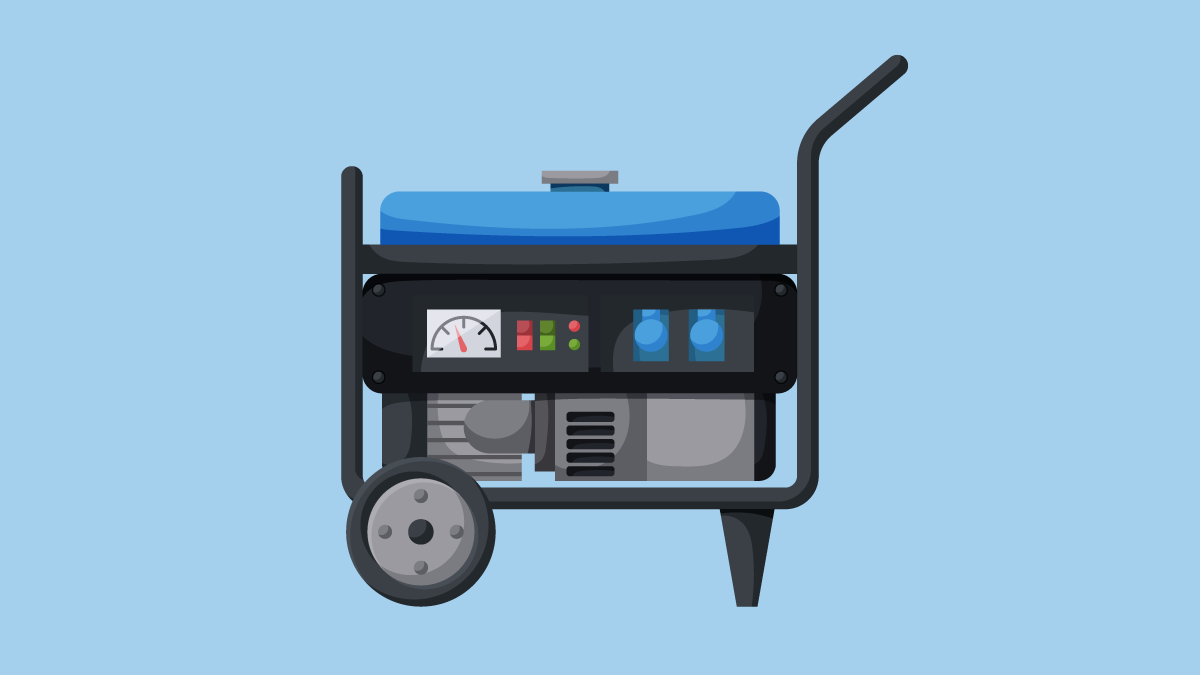Portable generators are one of the most convenient house tools you can have. They are a must-have in case of an emergency, like power blackouts or natural disasters like hurricanes or heavy storms. If some of these things happen to your home, owning a portable generator might even save your life. However, connecting them to a house is a bit tricky, so here are some ways you can do it.
Automatic Transfer Switch
Transfer switches are in some states not only recommended but in some states even required by law. Those switches serve as the safer option to connect the backup power source to your home. They are usually installed between the house and the generator and are a fine replacement for multiple cords needed to connect to each appliance. There are only two types of transfer switches which are used for homes, manual and automatic ones, even though there are more types.
Automatic transfer switches are arguably more convenient, but because of that, they are also more pricey than manual ones. They can be programmed to automatically give priority to the right circuits in case of a blackout. It is important that, even when there is no power, home appliances like the fridge, freezer, or lights keep working. Additionally, they will switch the power to a generator at the same time.
Manual Transfer Switch
As the name states, manual switches won’t transfer power to the generator automatically, and you will instead have to do it by hand. In that sense, they are more inconvenient, and in case of an emergency, you may not even be able to do it. They cost less than the automatic ones, and some switches can go up to sixteen outlets. When turning on the outlets, make sure to do it one by one because doing it all at once could cause an overload and malfunction. The advantages of the manual models are that they are less complicated to install, and they are easier to control to avoid overload.
Is It Smart Doing It Without a Transfer Switch?
As previously mentioned, transfer switches are usually required by law when powering a house through a generator and it is without a doubt the best and the safest way to do it. In case it is not and you don’t want or can’t invest in one, you are in need of finding another way to do it. There are multiple ways, but it is not recommended to install them on your own. Whether you feel like you are handy enough, it is always best to ask for professional help when dealing with electricity.
Extension Cords
Using extension cords is cheap, but it is inconvenient, and it usually doesn’t pay off in the long run. There is a lot of space for mistakes, which are all potentially dangerous, and in the worst-case scenario, could be fatal. They could cause fire or even electrocution, especially in case of storms or any other kind of natural disaster. Extension cords are only recommended if you want to power only a few appliances for which the power is essential. Any damaged wire or a cable put in the wrong hole could cause a disaster, so their use should be avoided if possible.
Generator Cords
These cords are a bit safer than simple extension cords. They need to be put in manually, so if you are set on using them, you will face the same problems in case of an emergency as with the other ones. You should only use them if you have a mid-size generator, as they could cause problems with bigger ones and would not work as well with the smaller ones. There are several outlets on its end, so you have the option to use it with multiple appliances.
Power Transfer Systems
Power transfer systems are usually needed with large generators. The best and the easiest way to connect them is if your main electric outlet is located in your garage. The system contains a manual transfer switch, a cord of a custom length, and a power inlet box. Due to it containing a switch it is a bit safer than the previous two options, but it is more complicated to install, and there are still dangers because it contains multiple cables.
Connecting the generator to your house is usually complicated, and for a novice potentially dangerous, so your first option should always be contacting the electrician. Carefully look up the models of generators and decide which one suits your needs the best. If you want it to last longer and be used on multiple occasions, you should always go with the safest possible option, even if it means investing a little bit more money than you intended.

